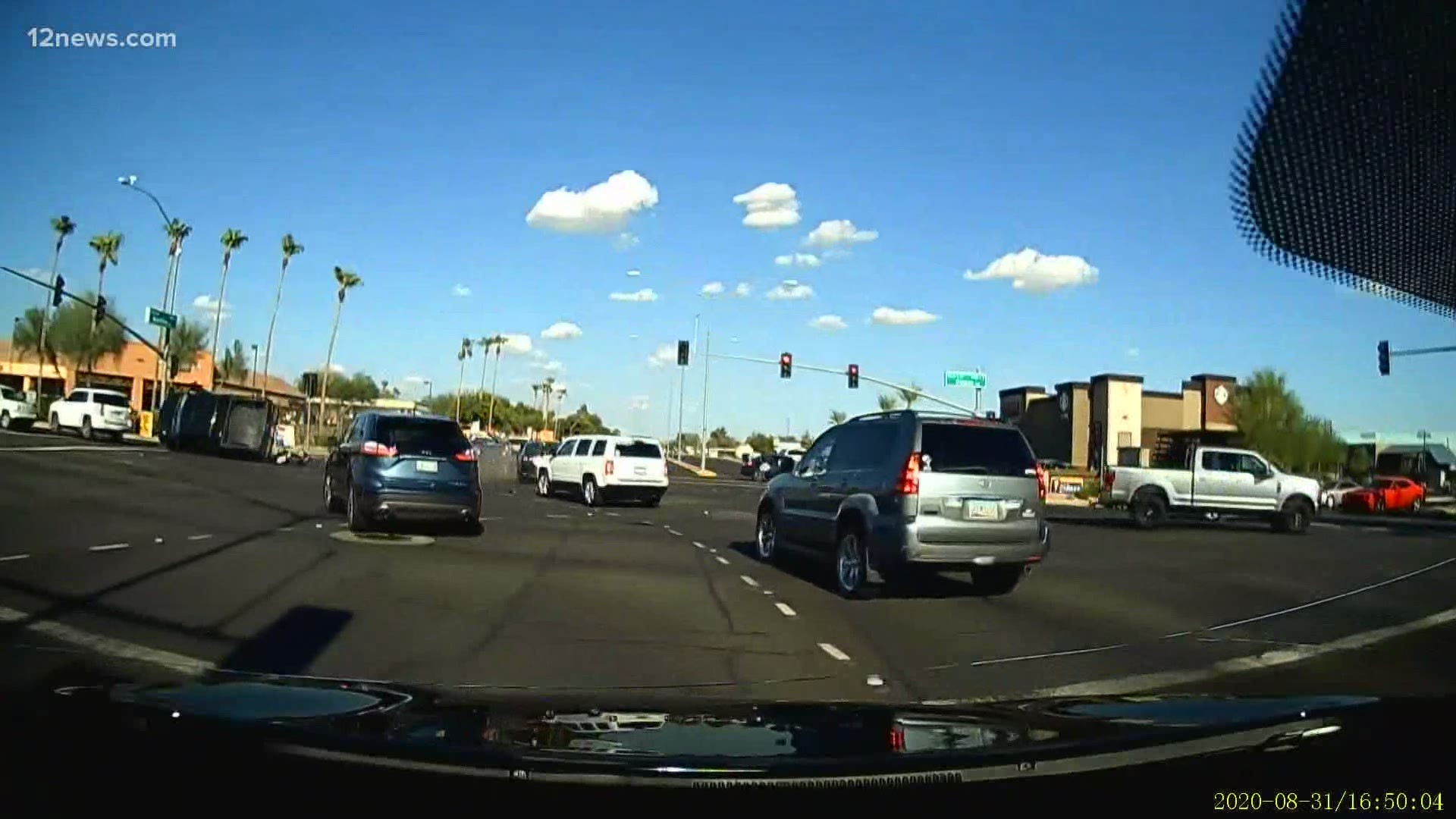Discover how dashcam and video footage can help in car accident cases by proving fault, supporting claims, and protecting your legal rights.

In today’s world, where technology is everywhere, dashcams and video recordings have become very useful in car accident cases. If you are involved in a road accident in Ontario, having video proof can make a big difference in showing who is responsible. Whether it’s for insurance claims or a court case, video footage can support your side of the story clearly and fairly.
Why Video Proof Is Important
In Ontario, rules about who is at fault in a car accident are based on the evidence provided. Video footage is considered one of the most reliable types of proof because it shows exactly what happened before, during, and after the crash. Consulting a car accident lawyer with most reviews can also help you understand how to present such evidence effectively. It helps in many ways, such as:
- Showing What Happened: The video can clearly show actions like running a red light, sudden lane changes, speeding, or careless driving.
- Stopping False Claims: If the other person says something untrue about the accident, video footage can prove them wrong.
Common Types of Video Evidence
Different kinds of video recordings can help in car accident cases:
- Dashcams: These are cameras installed in cars, usually on the dashboard or windshield, which record the road as you drive.
- Traffic Cameras: Some intersections and highways have cameras that record traffic movements and accidents.
- Security Cameras: Stores, homes, or buildings near the crash site may have outdoor cameras that capture the incident.
How to Get and Save Video Footage
If you’re in a car accident, it’s important to act quickly to collect and protect any video evidence:
- Your Dashcam: Save the video right after the accident. Make extra copies so you don’t lose it.
- Traffic Cameras: You can contact the local authorities to ask if they have footage of the crash. Be quick—many systems delete videos after a few days.
- Nearby Security Cameras: If the accident happened near a store or home, ask the owner if they have camera footage. Many systems record over old files after a short time.
- Social Media or Online Sources: Sometimes, witnesses share videos online. Look around or ask if anyone saw or recorded the crash.
Legal Rules for Using Video
Not all video recordings can be used in legal cases. The video must be:
- Relevant: It must relate to the accident.
- Trustworthy: It should not be edited or changed in any way.
- Collected Legally: It must not invade anyone’s privacy.
Also, it’s important to keep a record of who had the video and when, so it’s clear that it hasn’t been tampered with.
Why Legal Help Is Useful
A lawyer with experience in accident cases can help:
- Find Video Proof: They know where and how to get videos that support your case.
- Use the Video in Court: They understand how to present it properly, so it helps your side.
- Talk to Insurance Companies: Good video proof can help you get fair compensation more easily.
In short, video footage can strongly support your version of the events and protect your rights after a car accident.